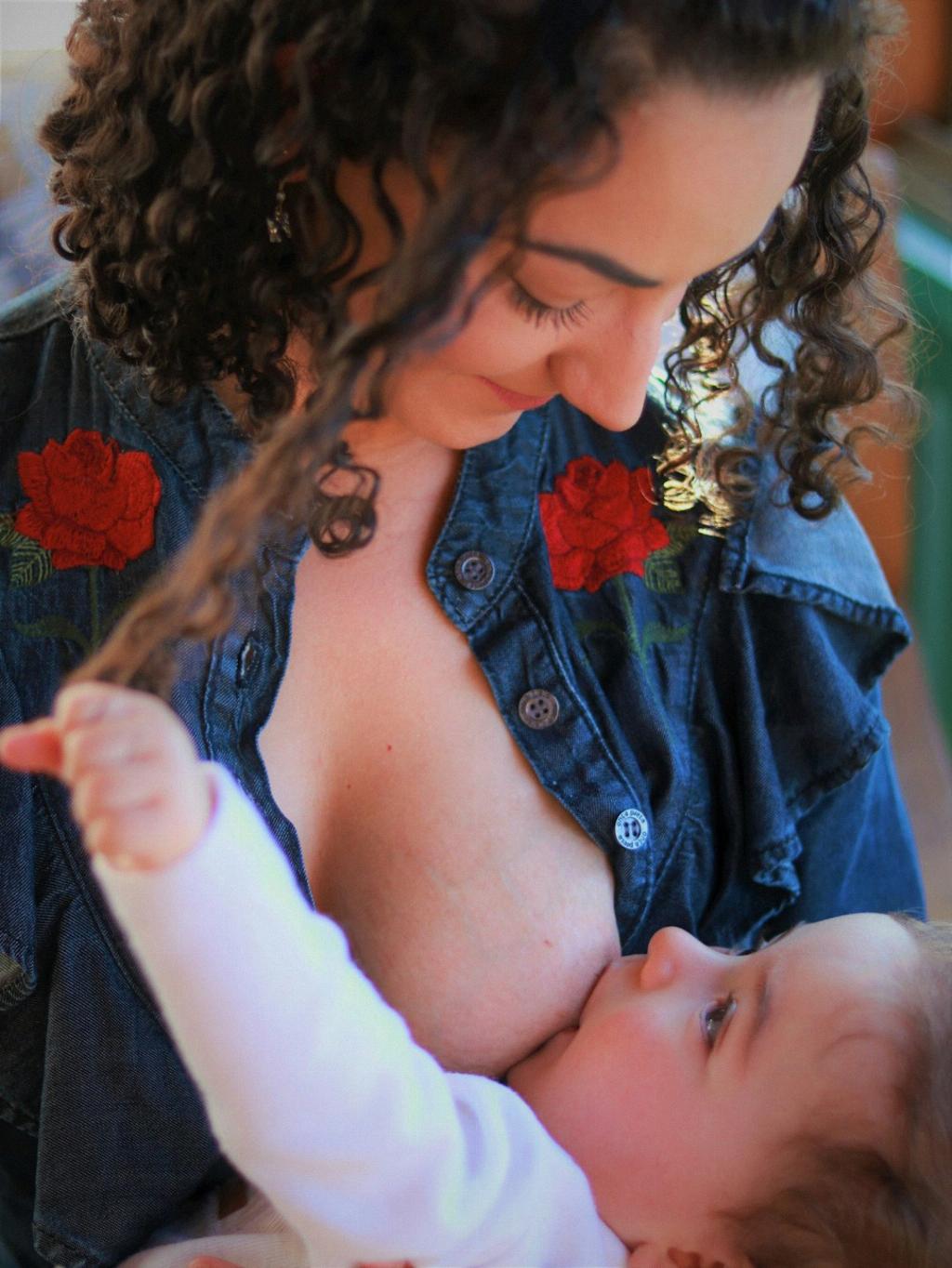Teething is a significant developmental milestone in a baby’s life, often accompanied by discomfort and irritability. One common question that parents ponder is whether babies breastfeed more when they are teething. The answer to this question is not as straightforward as a simple yes or no, as each baby is unique and may react differently to the teething process.
It is important to note that while some babies may indeed breastfeed more frequently when teething, others may not show any significant changes in their feeding patterns. Teething can vary in intensity from one baby to another, leading to different responses in terms of breastfeeding behavior.
When a baby is teething, they may experience gum soreness and inflammation, which can be alleviated by the soothing action of breastfeeding. The act of suckling provides comfort and relief to the baby, making them more inclined to nurse frequently during this period. Additionally, the closeness and warmth of breastfeeding can also have a calming effect on a teething baby.
Furthermore, the act of breastfeeding releases endorphins in both the baby and the mother, which can help reduce pain perception and promote relaxation. This natural response to breastfeeding may lead teething babies to seek out the breast more often as a means of coping with the discomfort they are experiencing.
It is essential for parents to be mindful of their baby’s cues and signals during the teething process. Some babies may show increased fussiness and irritability when teething, leading them to seek more comfort and reassurance through breastfeeding. Paying attention to your baby’s needs and responding promptly can help establish a sense of security and trust during this challenging time.
On the other hand, some babies may display decreased interest in breastfeeding while teething, possibly due to factors such as swollen gums or mouth sensitivity. In such cases, offering alternative soothing methods like chilled teething toys or gentle gum massages can help alleviate discomfort and provide relief to the baby.
It is crucial for parents to maintain open communication with their healthcare provider or lactation consultant if they have concerns about their baby’s feeding patterns during teething. Seeking professional guidance can offer valuable insights and support in addressing any challenges that may arise.
Every baby is unique, and their response to teething may vary. While some babies may breastfeed more frequently when teething, others may show no significant changes in their feeding behavior. As a parent, it is essential to be attentive and responsive to your baby’s needs, providing comfort and support during this developmental phase.
In conclusion, the relationship between teething and breastfeeding is multifaceted and can differ from one baby to another. While some babies may seek more comfort and nourishment through breastfeeding when teething, others may require alternative methods of soothing. By observing your baby closely and offering support as needed, you can navigate through the challenges of teething with patience and understanding.

